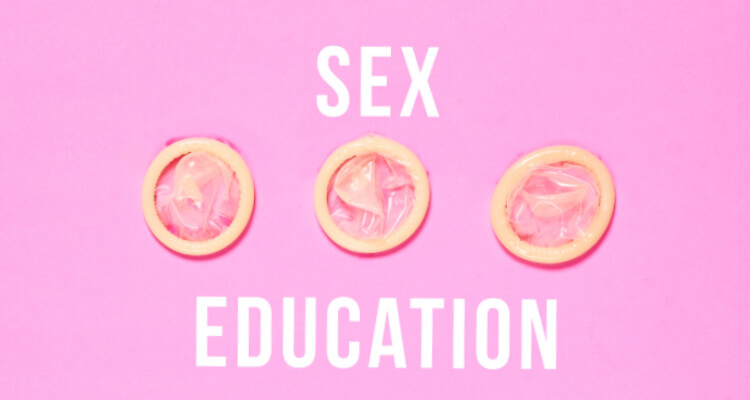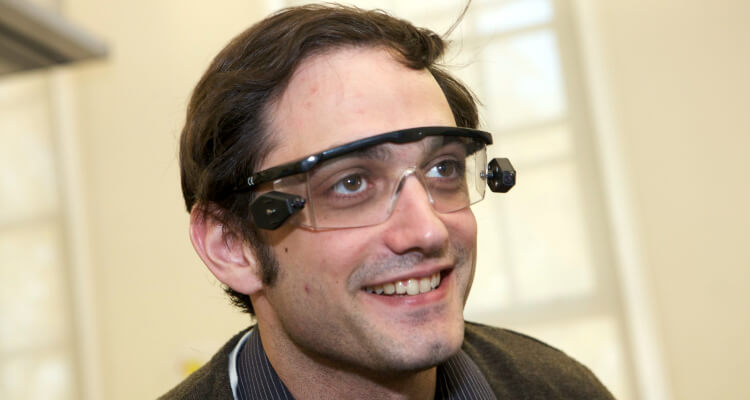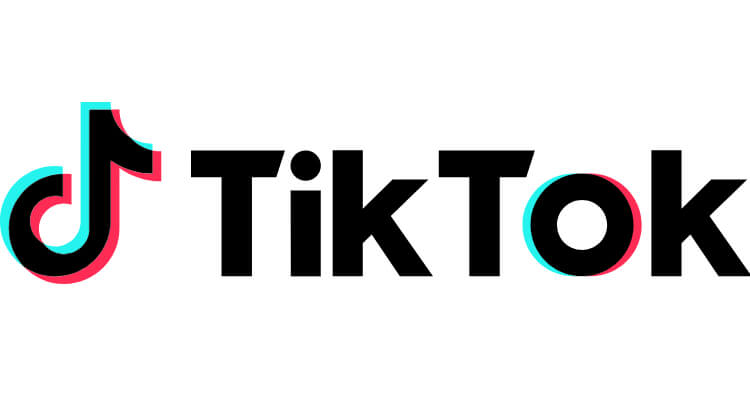Sex Education on the Small Screen Shows Promising Results
Sex educators turn to video games, augmented reality, and TikTok to make education more exciting.

Techjury currently estimates the global video game industry is worth 90 billion dollars.
Yet for all the first-person shooters, RPGs, and more, the idea of using video games to teach people about sex hasn’t caught on.
But that may not be the case for too much longer.
Educators and industry innovators have begun to see the benefits of designing games and other new technologies to do exactly that.
93% of parents support high school sex education courses

Western society has frequently had difficulties, to put it mildly, with the idea of educating people about human sexuality. This becomes an especially hot topic when it involves students.
According to Planned Parenthood, 93% of parents supported high school level sex education courses.
Despite this, less than half of high schools teach the Centers for Disease Control’s advised topics, including the cause and prevention of sexually transmitted infections.
Video games make sex a less “sensitive” topic
This is where video games come in: they could possibly be used as powerful sex education tools.
The dangerous side of gaming, its addictive properties, could be used (in moderation) to encourage students to learn about sex education in a way that excites them.
Nina Freeman, for example, created the educational game how do you Do It? to teach children and young adults about sex in a safe, nonthreatening way.
Freeman explained to Mashable that young people’s comfort with video games “makes a difference when you’re trying to get them to talk about issues that are really sensitive or maybe their parents haven’t talked to them about.”
Immersive sex education

Other new technologies, like augmented reality, are also emerging as promising ways to educate young people about sex.
At the Department of Computer Education and Instructional Technologies, Institute of Educational Sciences, Dokuz Eylul University in Izmir, Turkey, Bahar Baran and their team have demonstrated the effectiveness of augmented reality as a teaching tool.
Fitted with AR glasses or smartphones with an appropriate app, students could someday look at—and more impressively into—the human reproductive system.
Additionally, augmented reality’s ability to display information and images simultaneously could be used to educate students holistically.
Swipe up for knowledge

One new platform for sex education is already well established: TikTok.
Seizing on the app’s popularity, some sex educators have begun using it to reach out to teens curious about sex and sexuality.
Tess Vanderhaeghe, a sex-ed content creator on TikTok, told The Lily why social media can be an effective outreach method, “Any teenager going through puberty is curious about sexual health. Gen Z just has access to platforms like TikTok and Instagram and a place to ask those questions in a different way.”
Educators need support
These early examples show real promise for the role technology could play in sex education.
In the meantime, we can all play a role in the development of quality educational tools by joining together to support passionate educators.
Image sources: Marco Verch Professional Photographer, Planned Parenthood, City University Interaction Lab, TikTok

















